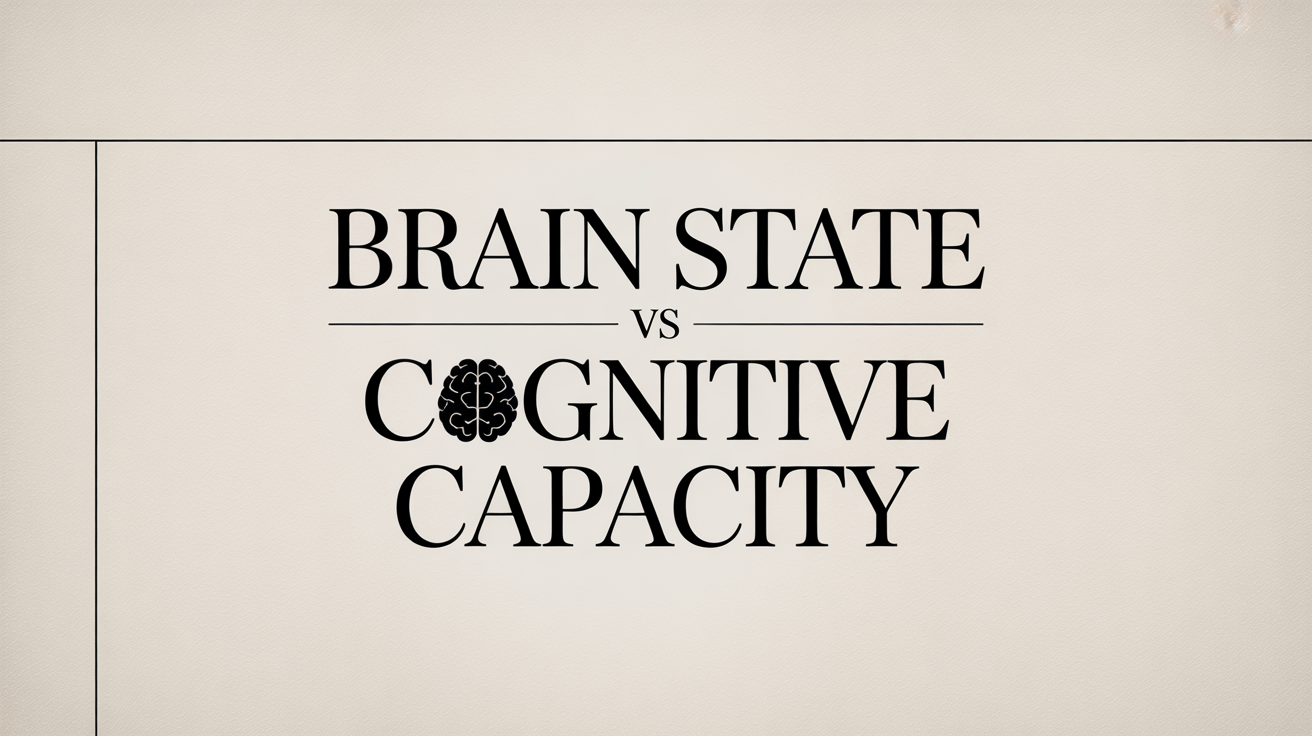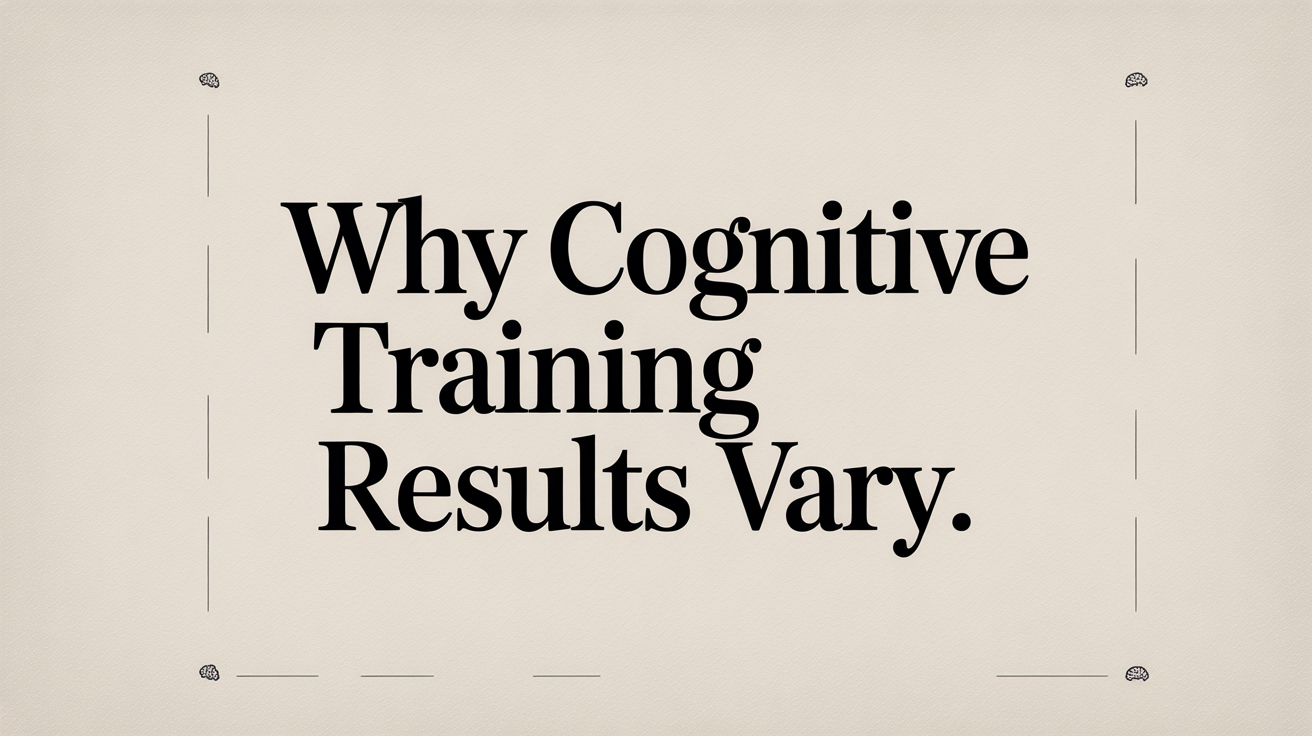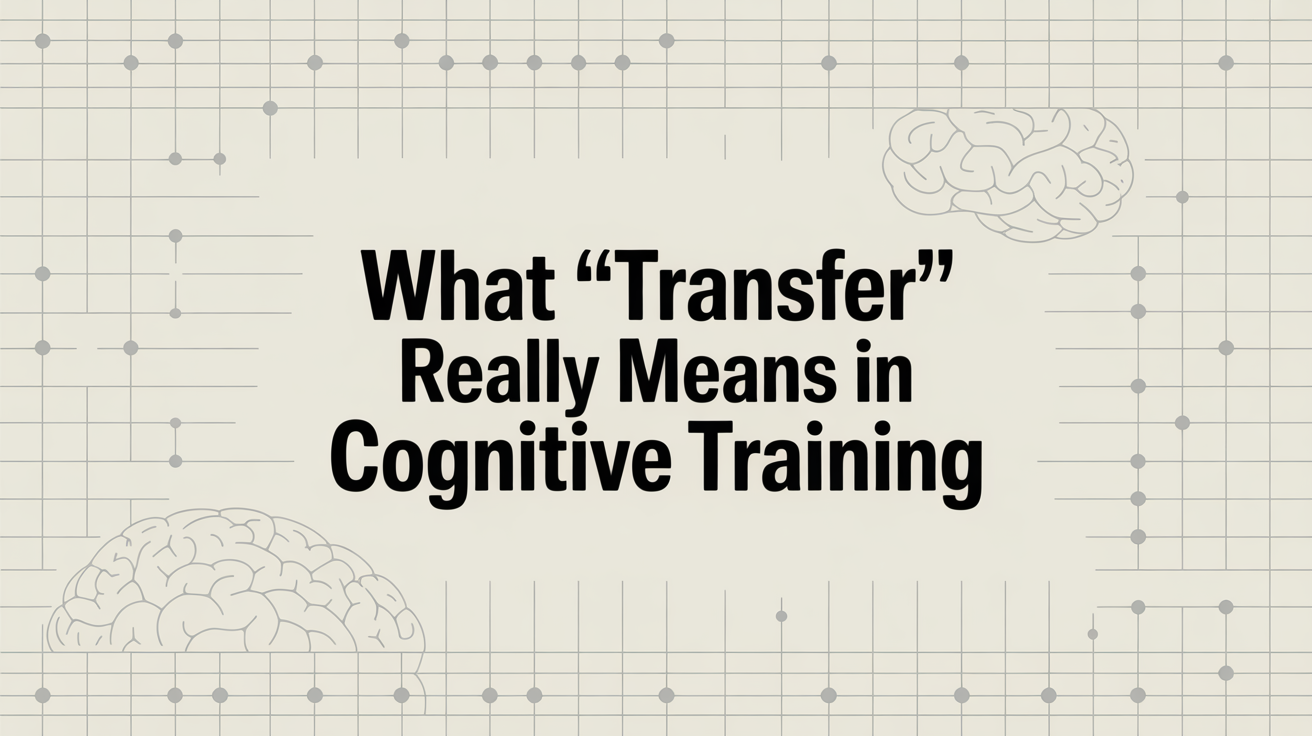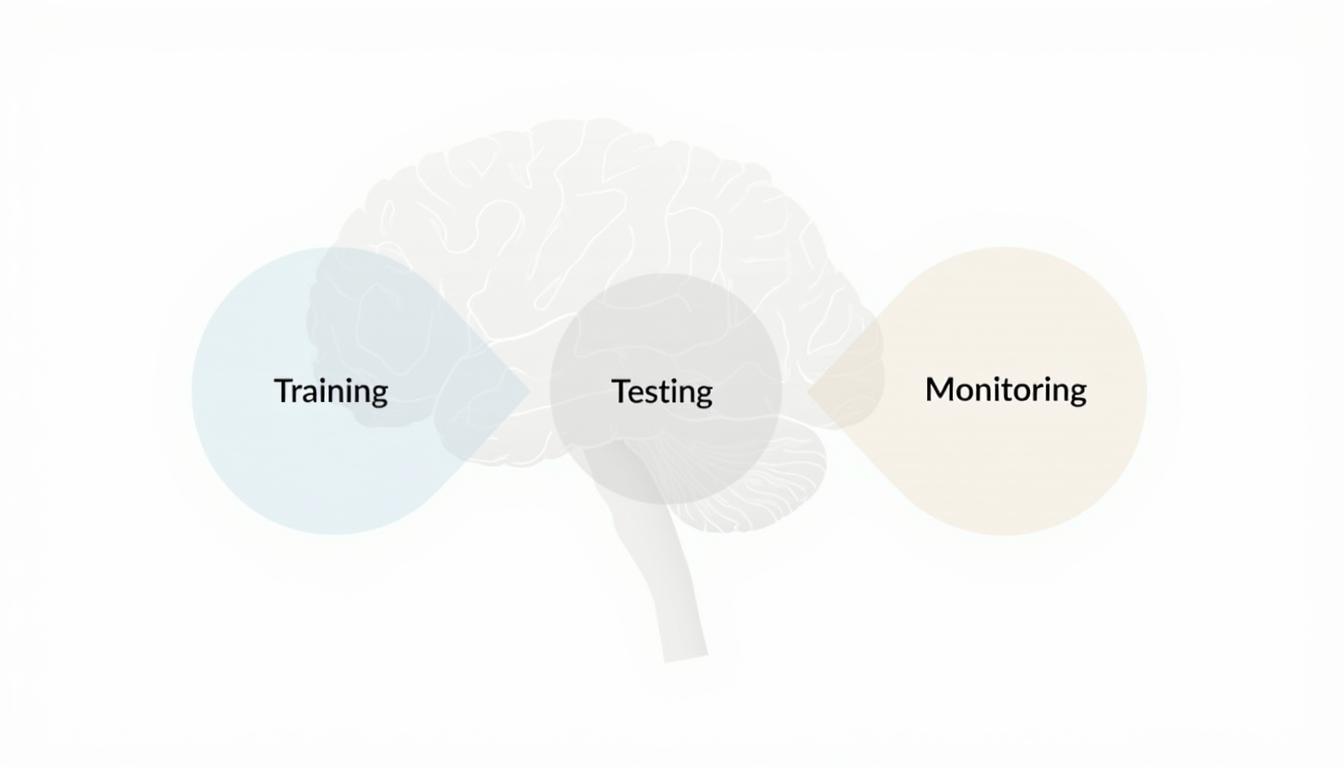Welcome to the Research and Strategy Services at in today's fast-paced.


Our brains are incredibly powerful and complex organs, capable of amazing feats of learning, memory, and creativity. But did you know that the brain is also highly adaptable and can change in response to new experiences, challenges, and even trauma? This a fascinating neurobiological system never stands still, and continues to evolve and adapt throughout our lives. Here we will cover two of the key processes that play a significant role in shaping our brains from birth to old age: neuroplasticity and neurogenesis.

Neuroplasticity refers to the brain's ability to change and adapt in response to experiences and environmental stimuli. It is a fundamental property of the brain, allowing us to learn and remember new things, recover from injuries, and adapt to changing environments.
Neurogenesis, on the other hand, refers to the creation of new neurons in the brain. Once a new neuron is integrated into our neural networks it remains active our whole lives, unless it is damaged or is no longer needed. Neurogenesis plays a key role in memory, and the latest research suggests it may be important for maintaining brain health.
In combination, these processes help shape the trillions of synaptic connections in our brains, every moment of our lives.
The early years of life are critical for brain development. During this period, the brain is most malleable and capable of significant growth and change.
At birth, the human brain is significantly under-developed, yet very large relative to body weight (one reason babies struggle with balance), and develops rapidly in the first year of life. This period of rapid brain development is critical for shaping our brains and laying the foundation for cognitive, emotional, and social development, and is shaped by exposure to experiences on a continual basis.
This early developmental process also includes synaptic pruning - the trimming back of excessive neural connections. The excess is because young brains are built to be very generally adaptive, but specialize quickly according to environmental and sensory learning. This is one reason why it is harder to learn languages at an older age.
The most amazing ability of young brains is there ability to recover from a type of radical surgery called a hemispherectomy – literally the cutting-out of half of the brain. Still a mysterious phenomenon unexplained by neuroscience, the remaining half of the brain functionally rewires itself into a whole new left-right brain system, allowing young patients to lead a normal life.
Then throughout childhood the brain is still extra sensitive to its physical and social environments. For example children who grow up in impoverished environments with limited access to resources and stimulation are more likely to experience negative outcomes, including lower cognitive abilities, behavioral problems, and poorer mental health.
In contrast, children who grow up in enriched environments with access to stimulating experiences, such as reading, music, and play, are more likely to experience positive outcomes, including higher cognitive abilities, better mental health, and stronger social skills.
Neuroplasticity also plays a significant role in shaping the brain during adolescence and into adulthood. For example, studies have shown that learning a new skill, such as playing an instrument or speaking a new language, can lead to changes in the brain's structure and function. Additionally, experiences such as trauma or stress can also lead to changes in the brain, both positive and negative.

At any age, one of the most exciting aspects of neuroplasticity is its role in learning and memory. Research has shown that when we learn a new skill or acquire new knowledge, the brain changes in response. New connections between neurons are formed, and existing connections are strengthened. These changes can occur in many different areas of the brain, depending on the nature of the skill being learned.
For example, if you are learning to play a musical instrument, the brain areas involved in auditory processing, motor control, and memory will all be involved. As you practice and improve, these brain areas will become more connected, and the networks of neurons involved in playing the instrument will become more efficient.
The benefits of learning a new skill extend beyond simply improving your ability to perform the skill itself. Learning a new skill can have a positive impact on other areas of cognitive function, including memory and attention. This is because the brain areas involved in learning and memory are also involved in many other cognitive processes.
While neuroplasticity is generally a positive thing, it can also be influenced by negative experiences, such as stress. While acute stress can be stimulating, chronic stress has been shown to have a negative impact on the brain, particularly in the areas involved in memory and emotional regulation.
One study published in the journal Nature found that chronic stress can reduce the number of new neurons being generated in the hippocampus, a brain area involved in memory and learning. This can have a long-term impact on cognitive function, particularly in the ability to form new memories.
Stress can also have an impact on the prefrontal cortex, a brain area involved in decision-making, impulse control, and emotional regulation. Research has shown that chronic stress can lead to a reduction in the size of the prefrontal cortex, as well as impairing its function. This can lead to difficulties with decision-making and emotional regulation, as well as an increased risk of mental health problems such as anxiety and depression.

Our brains don’t become structurally fully formed until well into adulthood, at around 25 years of age. This period also coincides with a very gradual decrease in processing speed, likely one reason why professional Esports athletes tend to retire around this time.
Even right through to old age, the brain continues to adapt and change through neuroplasticity and neurogenesis. Some people, dubbed ‘superagers’ retain full cognitive health and excellent memory regardless of how old they live, but the reasons are not yet clearly understood and may well be influences by genetics.
Studies have shown that engaging in cognitive activities, such as puzzles, reading, and meaningful social interactions, can help maintain cognitive function and even lead to increases in brain volume in older adults.
Furthermore, physical exercise has been shown to promote neurogenesis in the hippocampus, a brain region involved in memory and learning. This suggests that leading an active lifestyle may help maintain cognitive function and overall brain health in old age.
In particular, emerging neuroscience research suggests that neurogenesis may play a pivotal role in the maintenance of overall brain health. Though there are only several brain regions that can produce fresh neurons, called ‘neuroblasts’, very sophisticated transport systems means they can be migrated long distances across the brain to help regenerate damaged areas or regions which are experiencing neural dilapidation.
Lastly is the uncommon knowledge that in older age our brains actually become adapted towards more global cognitive functioning, possibly at the cost of being specialized at certain functions. This may well account for the well-established wisdom of elders in traditional cultures throughout human civilizations – what might be perceived as decline is to some degree just transformation.
Overall, neuroplasticity and neurogenesis are critical processes that shape our brains from birth into old age. Brain development is a complex and dynamic process that is influenced by a multitude of factors. Experiences, both positive and negative, play a significant role in shaping the brain during critical periods of development, and engaging in cognitive and physical activities throughout life can help maintain brain health and cognitive function. The human brain is a remarkable organ that is hardwired to evolve and adapt throughout our lives, and understanding these processes can help us lead healthier, longer lasting and more fulfilling lives.








Welcome to the Research and Strategy Services at in today's fast-paced.

An evidence-based discussion of whether activities like crosswords and Sudoku meaningfully improve brain health, clarifying what they support, what they do not, and why benefits are often misunderstood.

Check out these excellent insights on the role of neuroscience in sports performance.

Learn about your brain's remarkable neuroplasticity.
.png)